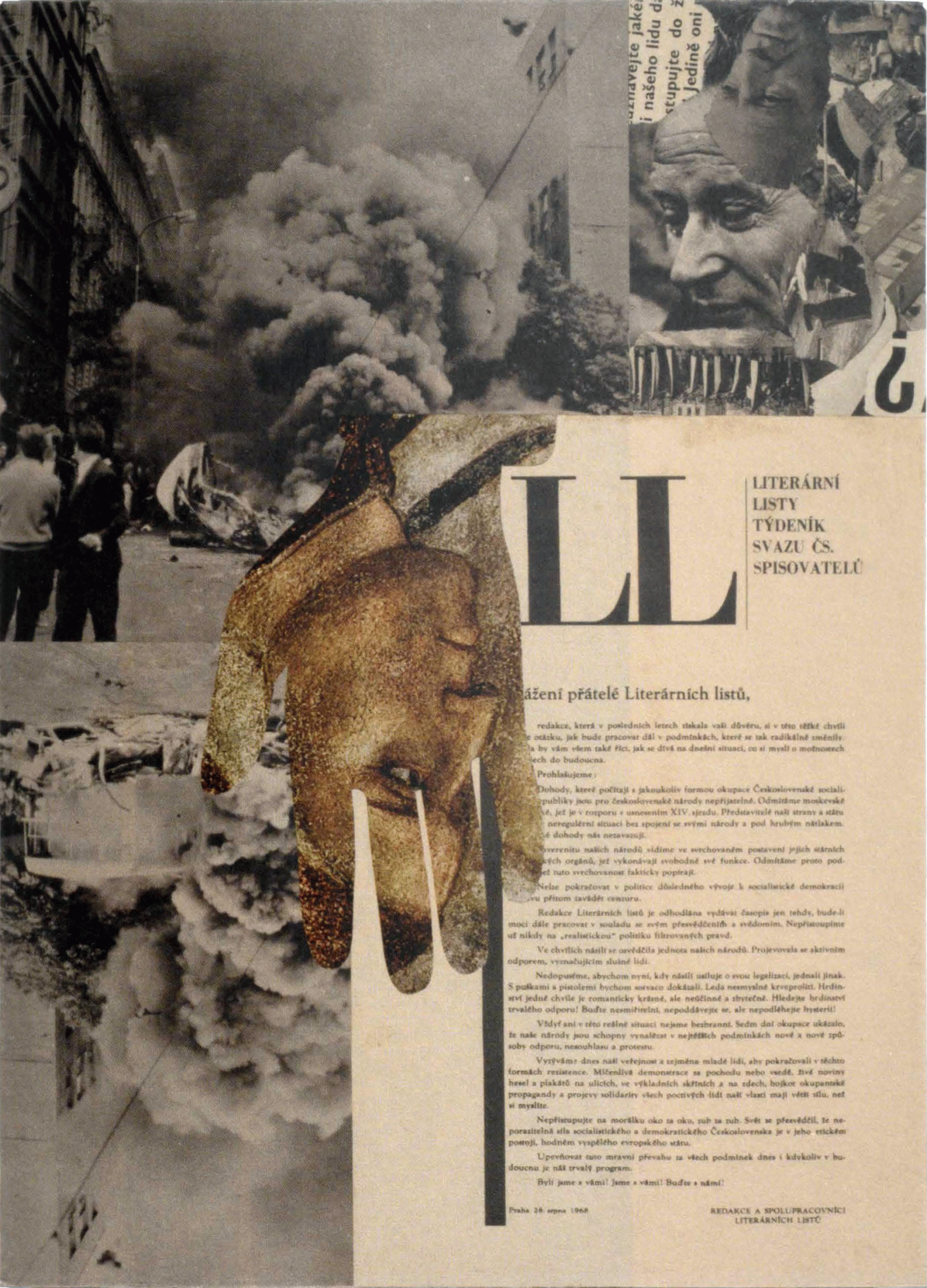Research
Action ǀ Retraction: Czechoslovak Art and Philosophy in the International Context, 1945–1989
Hana Gründler
The tendency observed in recent years to question the Western history of (post-)modernism, and to increasingly take into account, among other things, Eastern European positions, is often still determined by a one-dimensional perspective. Not least, this is due to linguistic hegemonies, and hegemonies pertaining to science policy. As the research on this project has demonstrated, the study of Czechoslovak art from 1945 to 1989 is no exception: Although this art provided fundamental contributions to international movements such as concrete poetry, action art, land art, and (experimental) film, these positions are still little known and are discussed only marginally in academic literature. Furthermore, it is often ignored how close the mutual synergies between visual art, film, literature and philosophy really were. As archival work has shown, despite all the adversities there was also an intensive and reciprocal exchange with critical standpoints from the West, including Italy, France and the Federal Republic of Germany. The main goal of this interdisciplinary project is thus to examine selected works of so-called “non-conformist” Czechoslovak art and philosophy, to embed them in an international context and to analyse the broader ideological critiques as well as political implications of these positions. The leitmotif is the question of the extent to which art and philosophy were understood as resistant and transformative practices that disrupt ordinary everyday routines and problematize heavily politicized reality. This question, which is also relevant for the present, raises a multitude of further questions: What concepts of ‘public’ space and bodily experience were at stake? How is the relationship between art, philosophy, conflict and resistance to be assessed? What changes does the experience of exclusion and (internal and external) migration entail for philosophy and art-making?



